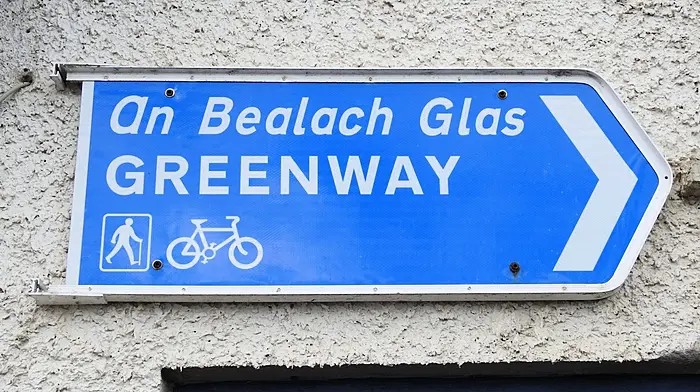Will Budget 2019 on Tuesday next, October 9th, be the last such announcement of the current Fine Gael-led minority government before a general election?
WILL Budget 2019 on Tuesday next, October 9th, be the last such announcement of the current Fine Gael-led minority government before a general election? It brings the Confidence and Supply Agreement with Fianna Fáil to a conclusion and that party’s leader, Micheál Martin, has wisely hedged his bets and refused to start any talks with Taoiseach Leo Varadkar about renewing it until after the Budget announcement.
Whether there will be an appetite for a negotiated renewal of such an arrangement depends on a lot of factors: Despite making a well-publicised pitch during the summer for a two-year renewal of the agreement, will the Taoiseach take the chance that recent opinion poll ratings have put enough wind in his sails to seek a stronger mandate from the electorate to give Fine Gael a historic third consecutive term in government?
Or, will the Fianna Fáil leader’s hand be forced by diehard malcontents in his party to pull the plug on propping up a Fine Gael-led government? During the referendum campaign on the repeal of the 8th amendment, Mr Martin read the mood of the people better than the majority of his party, but his judgement on how long more Fianna Fáil should support the current government before an election is triggered will be more crucial, politically, as he does not want to be bestowed the dubious distinction of becoming the first leader of his party never to become Taoiseach.
Both Leo Varadkar and Micheál Martin will be looking over their shoulders nervously as they try to minimise the political damage a re-invigorated Sinn Féin, still in its honeymoon period under the leadership of Mary Lou McDonald, could do to their respective parties. Sinn Féin have designs on going into government and are demanding not to be ignored, as always heretofore, by the country’s two main political parties, especially if her party makes significant electoral gains.
However, with the party’s mandate from its last Árd-Fheis being to form a left-wing government, Ms McDonald will have to seek support from smaller parties and individuals with similar leanings first, as going into power as a minority partner with right-of-centre parties such as Fine Gael and Fianna Fáil doesn’t fit the bill. That said, however, stranger things have happened in Irish politics and, of course, Sinn Féin have been known to share power in Northern Ireland from time to time with the Democratic Unionist Party, although not so much lately.
With the Brexit negotiations very much in the balance and things not looking optimistic for us in that regard, any time soon is not the best time to have a general election at either side of the Irish Sea. Fine Gael and Fianna Fáil keep telling us that there is no appetite amongst the public for a general election, but this is more to suit their own political ends as they are afraid to be judged by the electorate given the worsening housing and health service crises at a time when the economy is doing well.
If the Confidence and Supply Agreement is to be renewed after next week’s Budget announcement, in order for it to have any credibility, Fianna Fáil and Fine Gael need to agree specific targets in terms of housing provision and the reduction of waiting times in emergency departments and on progress on tackling waiting lists for treatment. The country simply cannot afford for these shameful crises to get any worse; tangible results – not spin – are what the public wants from whoever is in power.
With the way things are, Leo Varadkar must understand that there could be a backlash from pulling the plug and going to the country. He knows that the marriage equality and repeal of the 8th amendment referenda were about people-led issues, the results of which could not be construed as an endorsement of the government.
People who went out of their way to get home and vote – the young generation in particular – do not have very high regard for our politicians and it is highly unlikely that as many of them would be rushing back to cast their ballots in a general election. Therefore, the Taoiseach would be hoping that the Confidence and Supply Agreement can be renewed so that some of the measures that have already been put in place to tackle housing and health will come to fruition this side of a general election.
So, is it really in Fianna Fáil’s best interests to prop up this government for much longer and, potentially, help make it look good? Some interesting weeks ahead!








